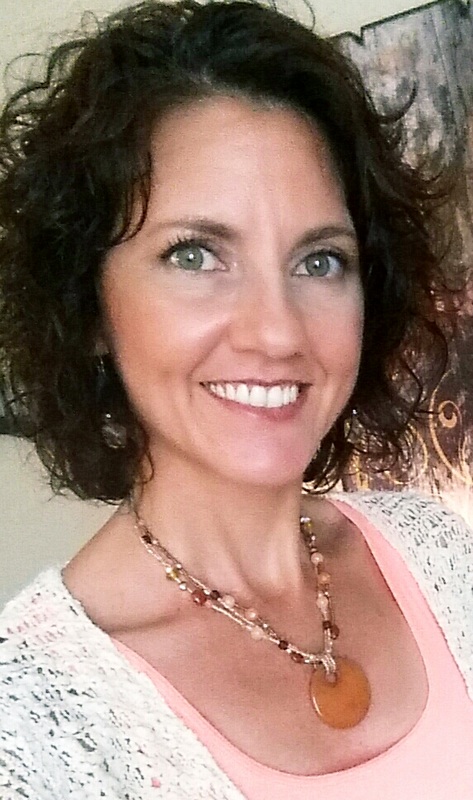|
The holiday season is upon us, and for all the joy the holiday brings, for some of us it is the time when we gather with people we probably shouldn’t be around. Alas, blood is sometimes thicker than one’s mental health.
Most likely, you know your family members pretty well. You know who is going to get drunk and embarrassing, who will get nasty, who will be emotional and demanding, and who will be enjoyable to be around. Chances are, they haven’t changed all that much since last year! So, why not proactively enter the holidays with an attitude of forgiveness and resiliency? We are here to evolve into more conscious, responsible individuals. Often, mental health issues arise when we resist what is happening around us and our equilibrium gets out of whack. It is restored as we embrace and adjust to life situations, knowing when to be accepting of others’ less-evolved personalities, and when to get the heck out of their way. A difficult discipline, and a soul-strengthening one! Having a new experience of the holiday season requires us to examine past decisions and expectations, learn from them, and move on. Uncle Delbert the Drunk will not likely have changed, unless he has successfully gone through treatment. Bringing our old ways of thinking into a situation where we want change can lead to depression: Not clearing the air of our own inefficient and undesirable beliefs and patterns, but expecting new results! A powerful forgiveness and resilience tool is Jane Elizabeth Hart’s Seven Steps for Successful Life Transitions. Hart created this method for releasing old patterns, beliefs and other life situations, based on her personal experiences of change, loss and spiritual growth. Each of the Seven Steps deals with an aspect of the situation at hand. For holidays, she suggests working with the family system as a whole (rather than each person individually) through each step. Journaling is suggested, tissues should be on hand, and laughter at some point is a must. (See the journaling questions on the table next to the Fellowship door, or visit http://www.cfenlightenment.org.) Step one is 'Gratitude and Acceptance’ and deals with all that we are grateful for in regards to our family gatherings and members thereof. Write down all the aspects of these events that you are grateful for. What joy have these situations brought to you? Don’t worry if you can’t think of anything; simply return to it when you can. Step two looks at the ‘Good Times.’ Think of specific situations in the past that have been enjoyable for you at these family gatherings. There might be something that keeps bringing you back for more. Again, skip it if you need to. Step three allows us to look at our ‘Hopes and Dreams.’ What do you hope will happen? What have you dreamt that these gatherings would be like? Who do you hope you don’t have to see when you’re there? Who do you hope will behave differently? Who have you wanted to get to know, but never have approached? Get those thoughts from swimming around in your head, creating unnecessary stress! It doesn’t mean that these hopes and wishes will necessarily come true; this is to help you let them go. Step four deals with those ‘Disappointments and Difficulties.’ Ah, yes, the confrontations, the embarrassments, the arguments, the losses—everything. Can you see why you have dreaded these events? Can you see any unresolved issues within yourself that are surfacing to be healed? The most important step is the fifth step: ‘Forgiveness.’ This is how we heal. Who or what circumstance is the hardest to forgive? Why? What does it mean for you if you don’t forgive? What does it mean for you if you do? If we can find it in ourselves to forgive obnoxious behavior, we can handle it much better when it greets us with a wet kiss. We are not condoning unacceptable behavior—dealing with that is a whole other article—I’m talking about the annoying and the petty. Forgiveness requires a certain leap of faith—whatever ours may be—into a space of allowing another to be what they choose to be without it throwing us off-center. Forgiveness pulls us out of the mindset that someone can ruin our day by not meeting our expectations, and puts us into a space of compassion and non-resistance toward less-conscious behavior in others (and ourselves!). It’s tough, but if we are willing, it could just save our holiday. Finally, we ‘Release’ all these in the sixth step, and affirm our ‘Completion’ with the process in step seven. I like having a ritual for my completion process, sometimes burning my journaling notes, or using Hart’s Seven Step meditation. The most important relationship is the one we have with ourselves; and when we are okay with ourselves, we can be open to better possibilities. If you get stuck on a situation that has happened in your family, be sure to seek professional help. No matter what has happened in the past, every new year—every day!—opens new doors for us. Our job is to prepare our minds and hearts for those opportunities to come forth, not so Delbert the Drunk will change, but so we can. Happy holidays! |
Archives
April 2016
AuthorLynn Barrette, LCSW Blending psychology with spirituality, I offer tools for forgiveness, acceptance, meditation and relaxation, and positive parenting solutions. Categories
All
Archives
April 2016
|


 RSS Feed
RSS Feed